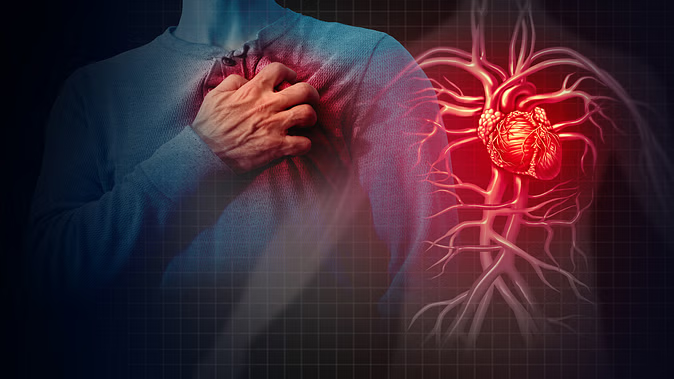Heart disease is considered to be one of the major causes of untimely death globally. Surprisingly, its risk is seen increasing even in younger people. From a messed up lifestyle to a mess in the choice of diet, it is considered to be the main reason for these problems. In the last few years, the risk of heart attack has been seen even in younger people, which is a matter of concern.

If something goes wrong with your heart, how will you know? By paying attention to its symptoms. But do you know that it is not necessary that clear signs of heart-related problems are seen every time? Even in cases of heart attack, it is not always that there is sudden pain in the chest and then you fall on the ground, as shown in films. Many heart-related symptoms are not necessarily related to your chest.
Let us know which signs of heart problems are often ignored and which need to be paid serious attention to.
Risk of heart diseases
Vincent Bufalino, a cardiologist at the American Heart Association, says the risk of heart disease increases when you are 60 years or older, are overweight, or have diabetes, high cholesterol, or high blood pressure. The more risk factors you are a victim of, the greater the risk of heart problems. But now heart diseases are not only related to increasing age, there is a need to be cautious about its risk from a young age.
Let us know which symptoms of heart disease need to be paid serious attention to.
Frequent dizziness or feeling weak
Frequent dizziness or feeling weak can be a sign of heart problems. Although many things can cause you to lose balance or faint. But if you suddenly feel unstable and have chest discomfort or difficulty breathing, seek help from a doctor immediately.
Dr. Bufalino says, this may mean that your blood pressure has decreased, which also increases problems for the heart.

Pain in the arm, throat, or jaw
Pain in the throat or jaw is often considered a muscle problem, cold or sinus problem. But if you feel pain or pressure in the middle of the chest that spreads to your arm, throat, or jaw, it can be a sign of a heart attack. Apart from this, suddenly feeling tired or nervous is also considered alarming for heart health.
Snoring problem
It is normal to snore lightly during sleep. But unusually loud snoring that sounds like gasping or suffocation can be a sign of sleep apnea. This happens when you are unable to breathe for a few moments while sleeping several times a night. This puts additional pressure on your heart. People who have sleep apnea may have a higher risk of developing heart-related problems. Such snoring problems should not be ignored.
(PC: ISTOCK)










